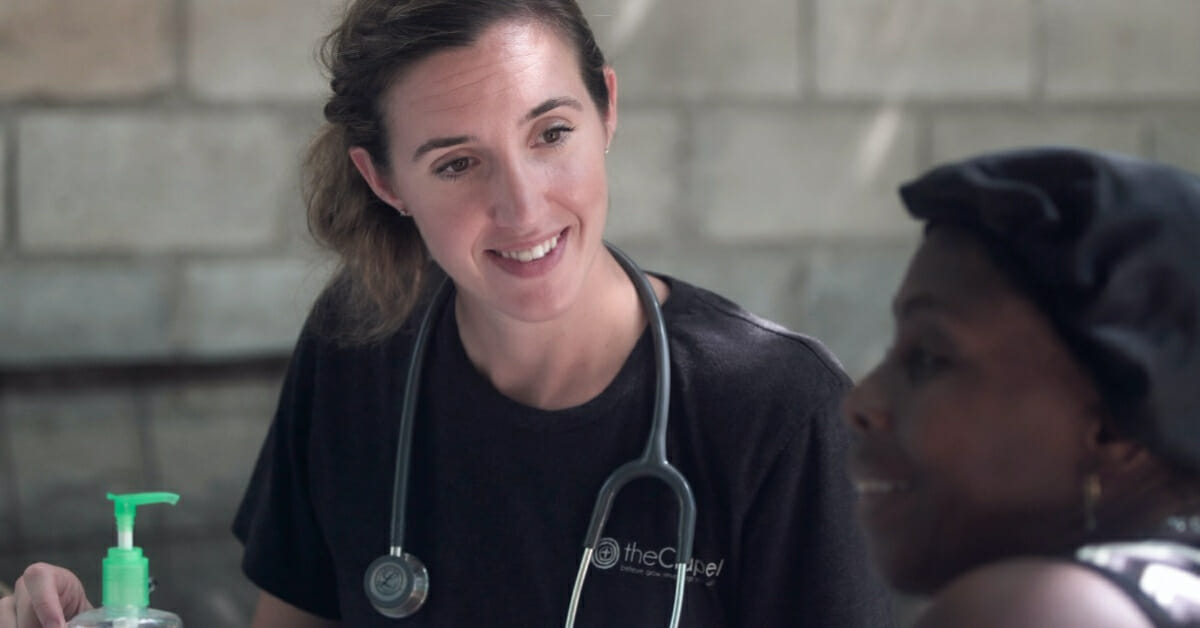Cardiology is the branch of medicine that specializes in the study, diagnosis, and management of pathologies affecting the heart. These pathologies include diseases of the cardiac muscle, such as heart failure; valvular diseases, conduction abnormalities (bradyarrhythmias and tachyarrhythmias), congenital abnormalities, and most notably coronary artery disease.
Dysfunction of the cardiac pump can manifest in several ways depending on the underlying cause. Respiratory signs and symptoms are common in the case of poor cardiac performance or inadequate oxygenation of blood. Cardiovascular disease is one of the major public health concerns in the Western world, and its associated morbidity can severely impair functionality and the quality of life of the affected individual.
A good healthcare provider should be able to identify the most common signs and symptoms associated with cardiac anomalies and be proficient in analyzing ECG tracings. Coronary artery disease and conduction abnormalities are of special interest to general practitioners. For students, their importance cannot be understated.
Learning objectives
After the completion of this course, you will be able to:
- Explain the epidemiology and analyze the risk factors of major cardiovascular conditions
- Classify different types of heart disease (congenital and acquired) affecting cardiac anatomy, muscle, valves, and conduction system
- Demonstrate and interpret cardiorespiratory physical examination findings
- Explain the pathophysiology of cardiovascular conditions and describe the process of atherosclerosis
- Identify clinical presentations and list differential diagnoses for cardiovascular conditions
- Interpret diagnostic imaging findings (chest X-rays, ECG tracings (normal and pathological), echocardiograms)
- Identify relevant biomarkers used in cardiovascular diagnosis
- Describe management strategies for cardiovascular conditions, including pharmacological interventions, non-pharmacological approaches, and surgical/invasive procedures
- Explain medication mechanisms and their sites of action in cardiovascular treatment
- Analyze the role of cardiac rehabilitation and evaluate the importance of timely medical intervention
- Identify and explain potential complications of cardiovascular conditions
Course outline
- Review: Anatomy & Physiology
- Heart Failure
- Congenital Heart Disease
- Valvular Heart Disease
- Cardiomyopathy
- Coronary Artery Disease
- Cardiovascular Infections
- Electrocardiogram (ECG) Interpretation
- Hypertension, Cardiac Tumors, and Trauma
- Cardiovascular Cases

